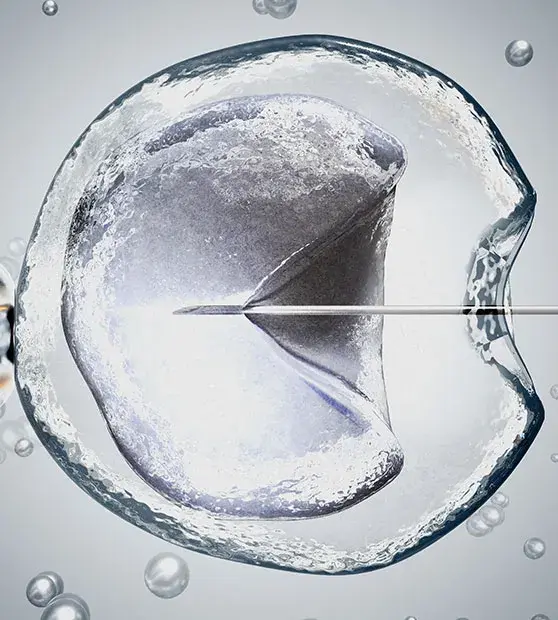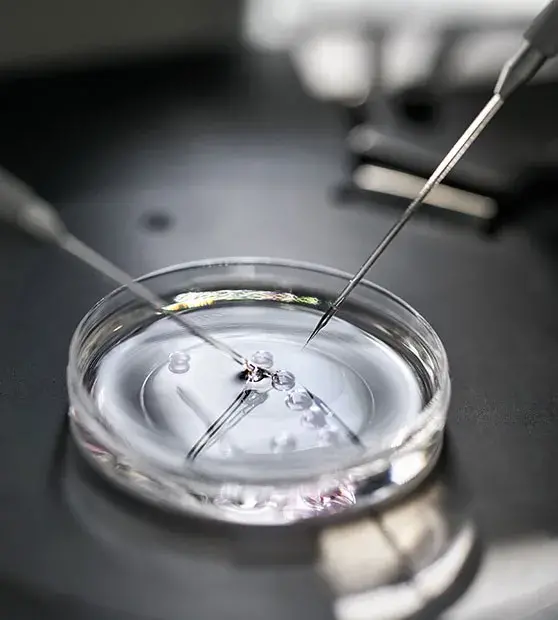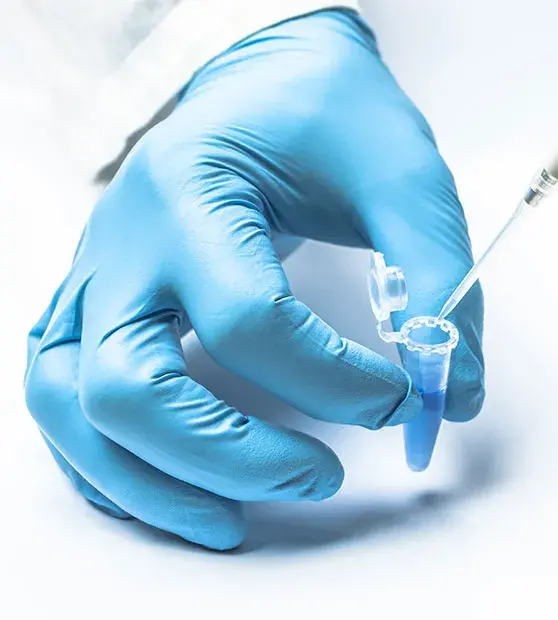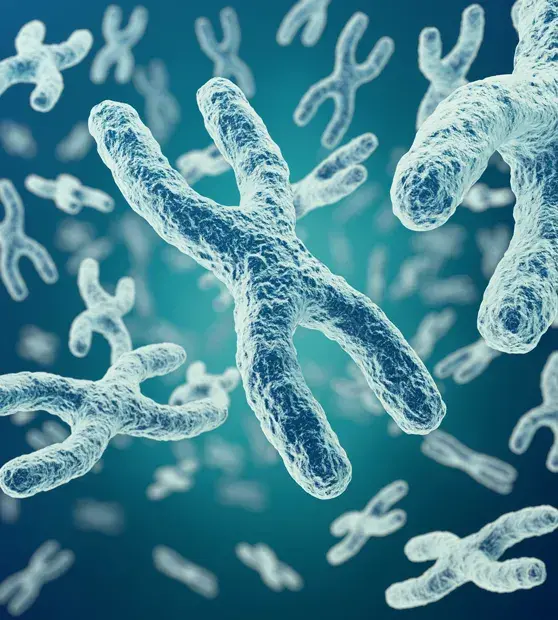What is a gene?
The basic physical and functional unit of inheritance is “the gene.” A gene comprises the information required to identify characteristics. Genes are arranged (one after another) into structures referred to as chromosomes.
What is a chromosome?
A chromosome is composed of a single, extensive DNA molecule. Hundreds to thousands of genes are present in each chromosome. Every normal human cell contains 23 pairs of chromosomes for a total of 46 chromosomes. The exception exists for egg and sperm cells.
How is the sex of an individual defined?
One of the 23 chromosome pairs is known as the sex chromosome, while the other 22 pairs are called autosomes. Usually, an individual has two sex chromosomes. A normal female has two X chromosomes (XX), while a male has one X and one Y chromosome (XY).
What is a genetic disorder?
A genetic disorder refers to a condition that results from an alteration or variation within a gene/genes. A gene variant is inherited from either one or both parents.





